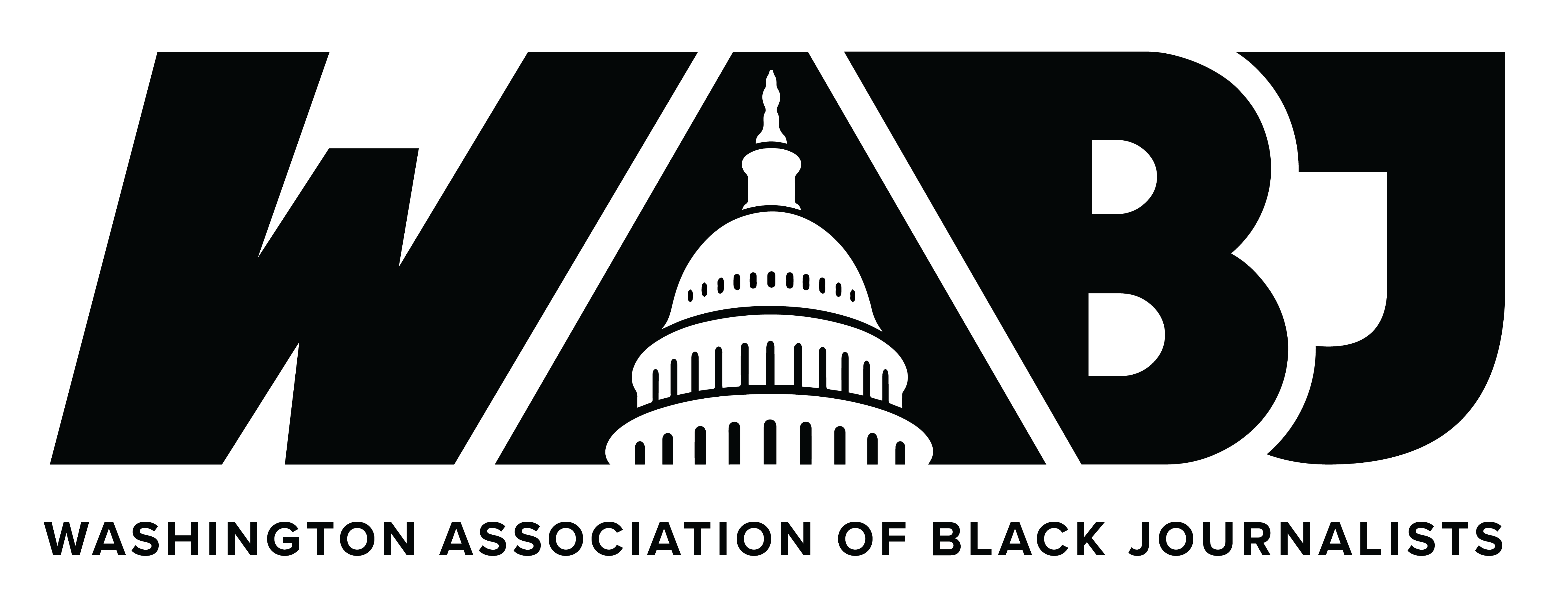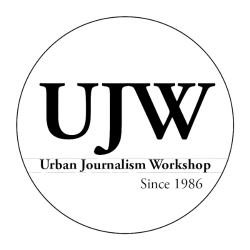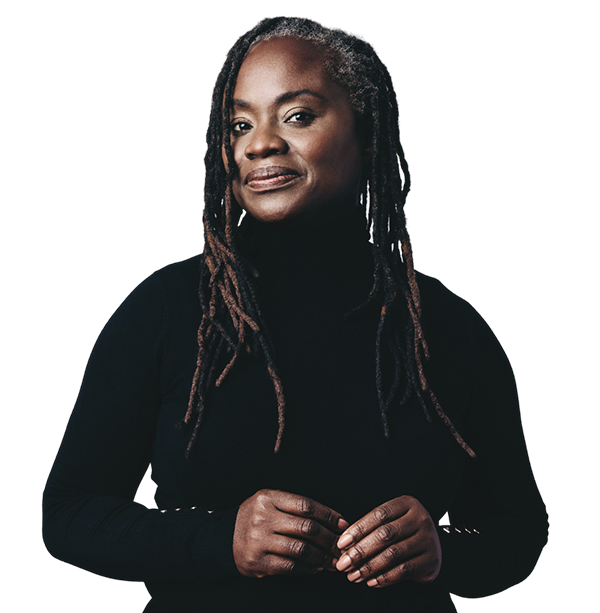By Taylor Valencia
UJW
WASHINGTON – Her short haircut and strong handshake are just the tip of the iceberg for Vernice Armour, the first African-American female combat pilot.
She’s a rebel in the eyes of many, even to her parents who didn’t want her to join the Marines. She also blows up preconceived notions about the expectations of women.
But she counters these views positively.
“Acknowledge the obstacles, don’t give them power,” Armour said during a recent news conference with a group of high school students in the Urban Journalism Workshop.
Born in Chicago and raised in Memphis with her three brothers, Armour is not afraid to do tackle anything.
While her brothers were away at college Armour went against her mother’s wishes and built weightlifting equipment using a metal pipe with taped foam on the ends to keep the weights in place.
Her mother told her to get rid of it but that didn’t hold her back.
She attended Middle Tennessee State University where she earned a degree in physical education, focusing on exercise science.
While there she saw a flyer that advertised a trip to Mardi Gras in New Orleans. But in order to go, she had to join the Army ROTC Rifle Team. And she did, without telling her parents.
While in training, she saw an African-American woman in a flight suit. Her first reaction was, “That is cool. Why didn’t I think of that?”
She didn’t know the woman’s name or anything about her but that image inspired her.
She graduated from flight school in Pensacola , Fla. , on July 13, 2001. She ranked first in her class of 12 students.
She had hoped to fly a jet but none were available. So off she went to learn to fly the AH-1W Super Cobra attack helicopter.
“I wanted to fly the baddest thing out there,” she said.
Armour served two tours in Iraq and is now working on a book she’ll title Zero to Breakthrough.



